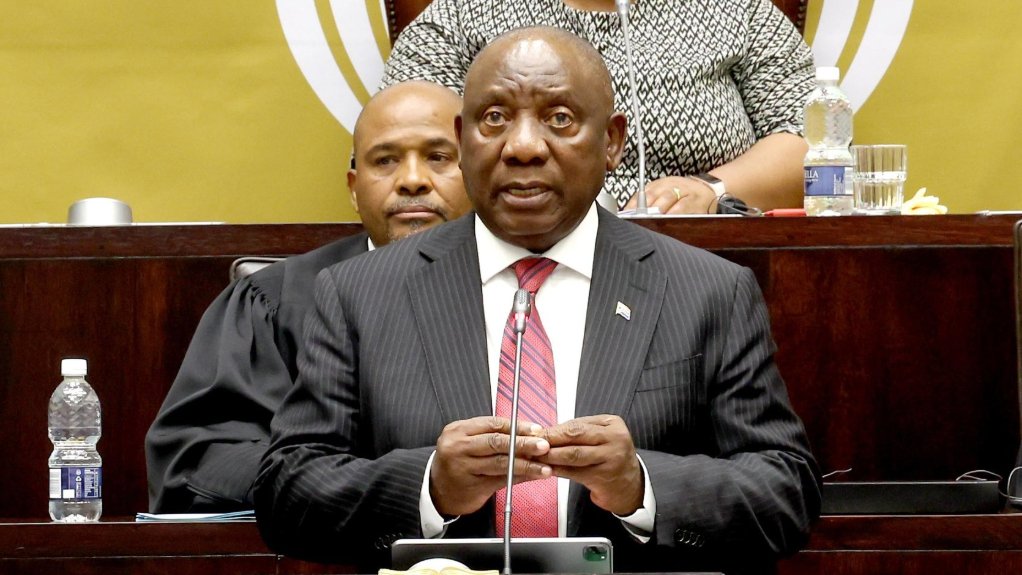As the fifth phase of the Basic Education Employment Initiative (BEEI) gets underway on Monday, President Cyril Ramaphosa urged employers to give young people their next opportunity, mentor their enthusiasm and foster their potential.
Ramaphosa wrote in his weekly letter to the nation that after a year’s pause, the BEEI has returned to over 20 000 townships, villages, inner cities, farms and special needs schools, “bringing hope, energy and incomes to places where opportunities are too often out of reach.
The initiative is a flagship programme of the Presidential Employment Stimulus, which he said has, since its inception in 2020, supported the delivery of jobs and livelihood opportunities in the country.
This phase of the BEEI aims to provide 200 000 job opportunities for young people and will provide them with soft and hard skills required in the world of work.
The soft skills that they will gain will commence from day one where schools will explain their school ethos; request the youth to sign work contracts and job descriptions; manage their time; improve communication skills; enhance reading and writing skills; and hone a sense of professionalism, self-confidence and self-esteem.
The BEEI is implemented by the Department of Basic Education and by provincial education departments and funded by the Unemployment Insurance Fund Labour Activation Programme and national government.
“This programme is designed to develop the work skills that employers say they need, such as time management, task management, teamwork, problem solving, IT, admin and much more,” Ramaphosa explained.
Participants undertake roles aligned to school priorities to ensure these young people add real value, enhancing the learning environment for learners and strengthening learning outcomes.
Ramaphosa added that the Basic Education Employment Initiative offers opportunities for young people at all skills levels.
“…graduates are prioritised for work in the classroom, where their tasks allow teachers to spend more time on teaching and lesson preparation. Curriculum Assistants support maths, science and technology. Reading Champions promote literacy and a culture of reading. Lab and Workshop Assistants support technical subjects. Others support IT and school administration,” he said.
He said government must also reach out to those young people who want to be entrepreneurs.
“…we need to find new ways to support those who want to create their own jobs and local value, to connect them to finance, training, markets and networks,” he said.
He believes the Presidential Employment Stimulus show government’s capacity to address the youth unemployment problem.
“Through this programme we have been able to give young people work experience and a pathway to formal employment or even further education,” he said.
He added that this will have a much longer-term benefit for the employability of young people, acknowledging that government has still “much more to do” to address the plight of young people.
“Today we celebrate this cohort of young people beginning meaningful work, many for the first time. But let us also not forget those who applied for these posts but who weren’t selected,” he said.
Ramaphosa noted that young people cannot be left on their own to navigate the transition into work, adding that government needs to step up to assist them.
“These young people will leave the school environment having shown up, contributed and made a difference. They will have worked in high-pressure environments with limited resources and will understand deadlines and responsibility,” he said.
EMAIL THIS ARTICLE SAVE THIS ARTICLE ARTICLE ENQUIRY
To subscribe email subscriptions@creamermedia.co.za or click here
To advertise email advertising@creamermedia.co.za or click here











